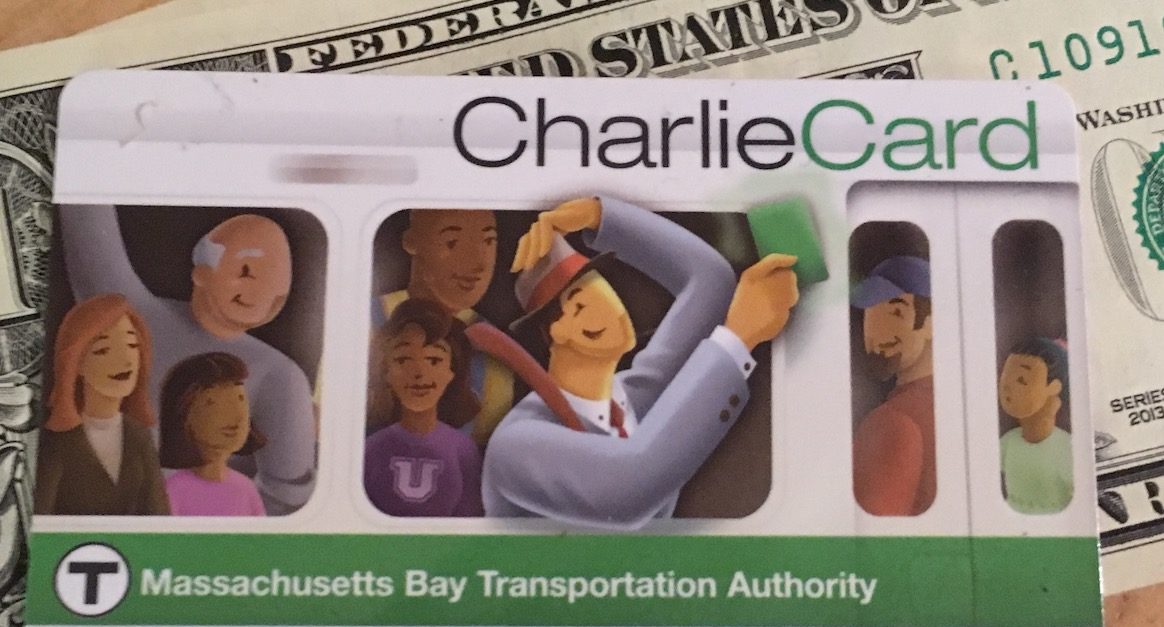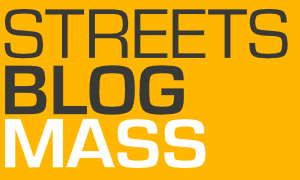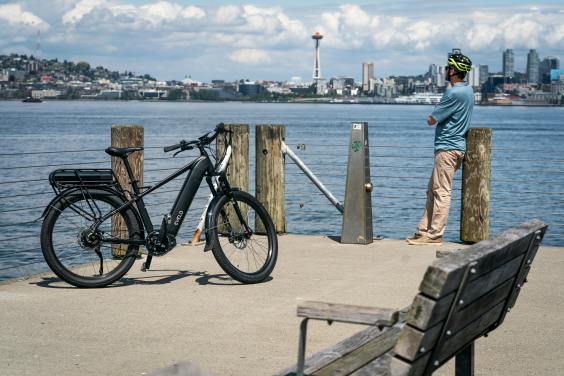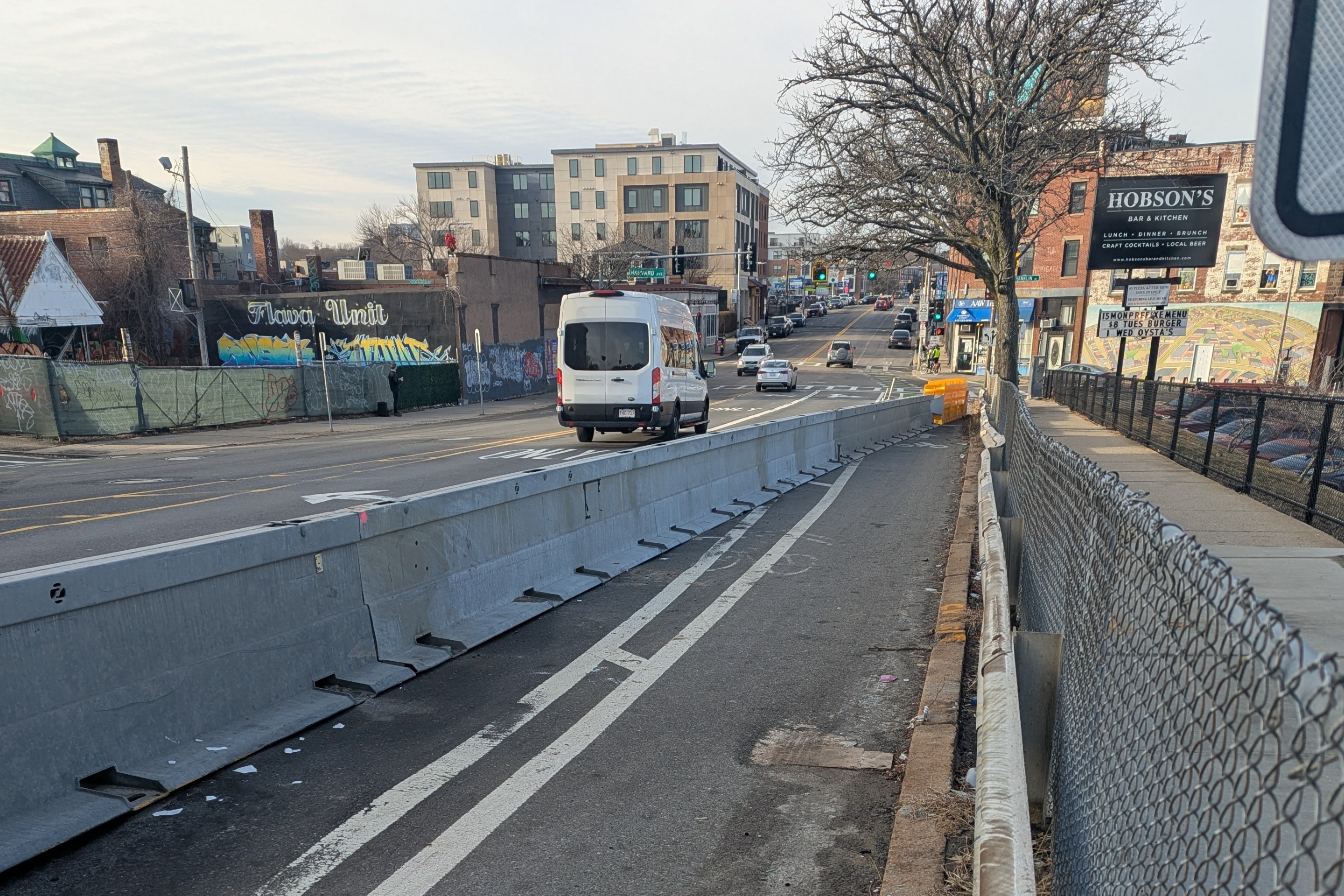During Friday's Audit and Finance Subcommittee meeting of the MBTA board of directors, MBTA officials announced their intention to implement a new half-priced fare for low-income riders within the next few months.
"These changes can be implemented of the course of the spring and the summer," said Steven Povich, the MBTA's Senior Director of Fare policy and Analytics.
The program would offer half-priced fares on every MBTA service – including commuter rail and The RIDE paratransit services – for riders who verify that their earnings are lower than 200 percent of the federal poverty level.
In the Boston region, that eligibility income level would be $29,160 for a single-person household, or $60,000 for a household of four.
The program fulfills a campaign pledge from Governor Maura Healey, who also alluded to low-income fares during her State of the Commonwealth address earlier this week.
"We will establish a permanent, reduced fare for low-income T riders, and continue affordable options at regional transit authorities," said the Governor in her speech at the State House Wednesday evening.
On Thursday, the Public Transit Public Good coalition, which has organized and rallied for a new low-income fare program for several years, celebrated the decision.
"Our vision of an equitable and affordable MBTA is within reach. We're thankful for Governor Healey's leadership and we look forward to the MBTA Board meeting next week, where we will continue to call for transit justice and affordability for all MBTA riders,” the Coalition said in a press statement.
Application process will rely on existing state programs
Verifying riders' income-eligibility will be coordinated with existing benefit programs for low-income families through the Commonwealth's Health and Human Services Department.
"We're very focused on making the application process as easy as possible for our riders, and for our administration," said Povich.
If a household is eligible for SNAP benefits (food stamps), they should also be eligible for the low-income fare program.
"We know that enrolling riders in income-eligible programs is not easy, but we know that some of our partner agencies in the state do this on a regular basis already," said Povich.
Povich estimated that "a rider could get through the enrollment in just 5 minutes" through a new enrollment website.
MBTA estimates that the program will cost about $25 million in the upcoming fiscal year. Those costs include the loss of fare revenue (which is partially offset by the fact that riders will use transit more) and the costs of administering the program.
The program will also apply to The RIDE, the MBTA's door-to-door van service for physically disabled customers. The T expects that the majority of The RIDE's existing users will be eligible for the new low-income fare program.
The MBTA expects that approximately 60,000 riders could enroll in the program, and that reduced fares for those customers could generate a significant boost in systemwide ridership.
"The complete fare change package is projected to yield an annual increase of 8 million trips (2.5 percent) at full scale," according to a slide in Povich's presentation to the MBTA board on Friday morning.
The fare changes will require a federally-mandated equity analysis, expected to be prepared by February, and a formal approval from the MBTA board of directors. That vote is tentatively scheduled for its March board meeting.






